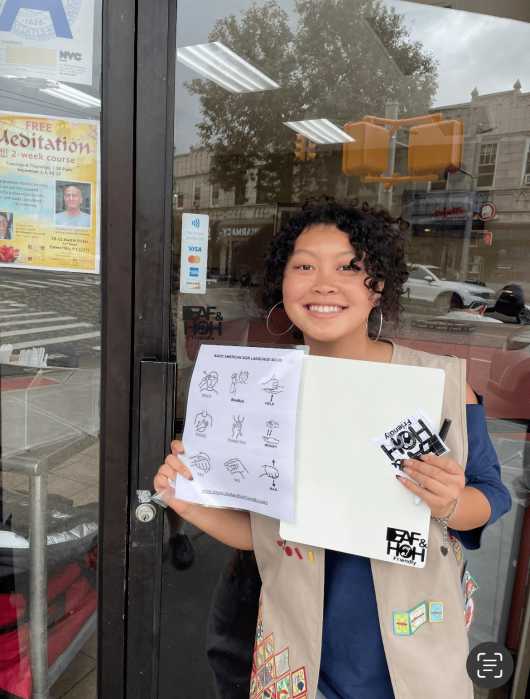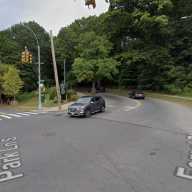Two days before Queens residents flocked to stores to scoop up bargains on Black Friday, a new report said nearly one in six children living in the borough is hungry.
It is the season to be jolly for some, but the number of households without enough food has been growing in Queens and the rest of the city even though 45 percent of them are headed by people with jobs.
The New York City Coalition against Hunger released its sobering annual report on the “Epidemic of the Working Hungry” in the five boroughs right before Thanksgiving. The nonprofit urged President-elect Trump to take steps that would put adequate food on the tables of many more New Yorkers as the nation’s day of feasting was about to begin.
In particular, it urged Trump, a Queens native, to create jobs, raise the minimum wage and protect the Food Stamp program.
With the unemployment rate hovering at 4.9 percent in Queens, plenty of borough shoppers had the wherewithal to look for holiday gifts at Queens Center Mall, the Bay Terrace Shopping Center and Sky View Center in Flushing last Friday. There was a Black Friday buzz in the air, but the crowds were manageable because legions of consumers had opted for online shopping.
It’s doubtful that many Black Friday customers came from households where the worker earns a minimum wage of $9 hour and has to feed two children on an annual income of less than $17,000.
“Low wages are still the top cause of U.S. hunger and malnutrition,” said Joel Berg, CEO of the coalition, renamed Hunger Free America.
But relief is in the wings with the city’s minimum wage slated to rise to $9.70 Dec. 31 and in a series of steps to $12.50 by the end of 2020. These increases should help reduce hunger for some of the borough’s most vulnerable residents.
In Queens the statistics tell a somber story of people struggling to fill their stomachs in the richest country in the world.
From 2013-2015, the coalition found one in nine Queens residents lived in food insecure households, while one in 10 of the borough’s seniors was hungry.
Nearly a quarter of the agencies that supply food could not meet current demand as nearly two-thirds of these groups reported higher demand for food from the people they serviced in the past year.
Queens and the rest of the city are facing an epic crisis of hunger, homelessness and the lack of affordable housing. But we must be able to feed ourselves first before we can tackle these other intractable problems.


































